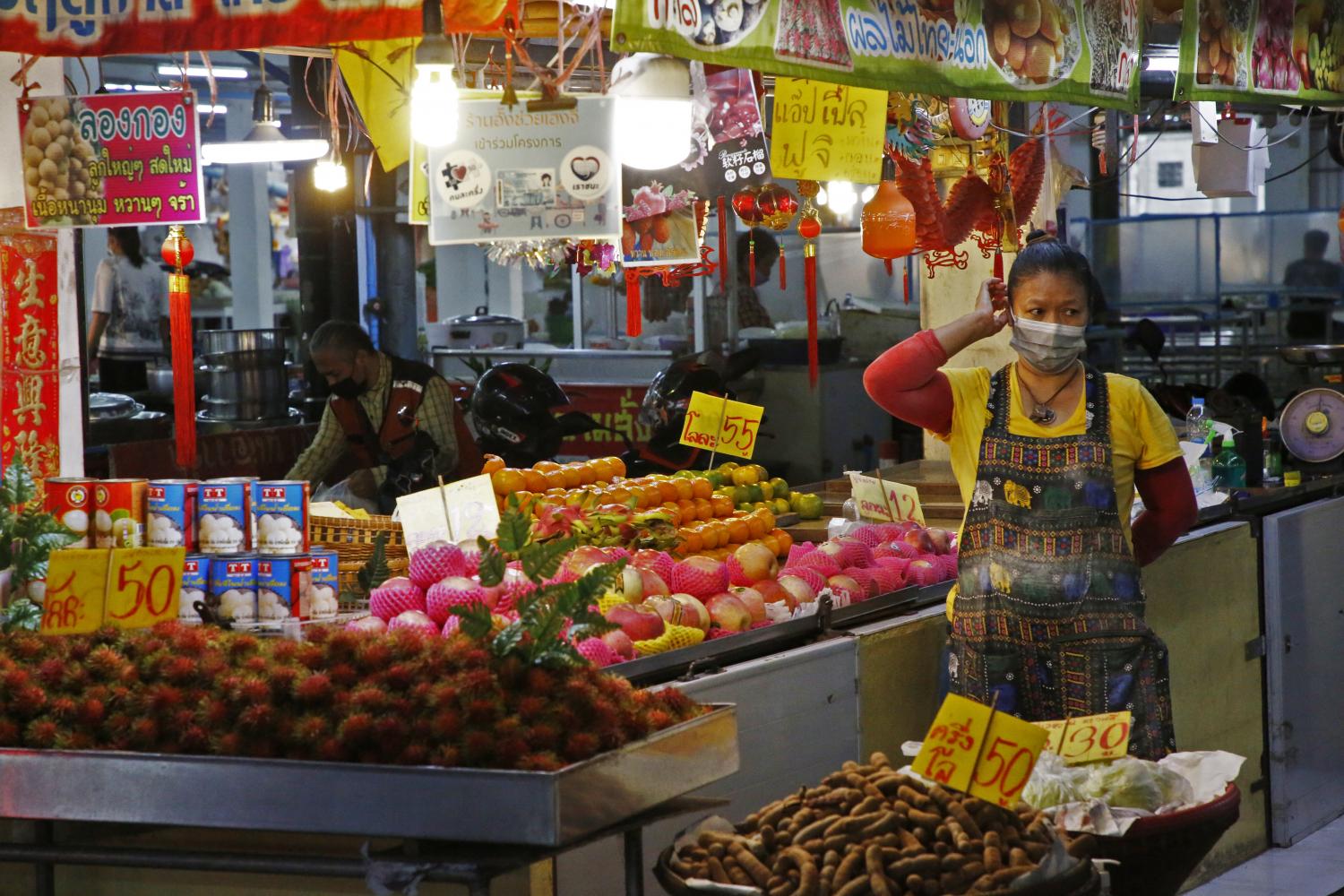
The Bank of Thailand still maintains an accommodative monetary policy to support economic recovery and views that supply-side inflationary pressure will be a temporary factor.
The central bank's Monetary Policy Committee (MPC) will balance monetary policy management prudently, weighting in economic growth, financial stability and the inflation rate amid Thailand's uneven economic recovery and global shocks.
Under this scenario, the central bank would keep an accommodative monetary policy supporting an economic rebound, said Piti Distatat, the Bank of Thailand's assistant governor, monetary policy group, during an analysts' meeting on Monday.
He said the central bank has also assessed an upward trend of the US Federal Reserve (Fed)'s policy rate to contain the surge in inflation.
A wider spread between the two banks' policy rates has not significantly impacted Thailand's financial stability, including foreign capital flows and Thailand's foreign exchange rate with the US dollar.
The Russia-Ukraine war has been pressuring higher inflation rate led by energy prices and goods prices worldwide, including Thailand. The country's soaring inflation rate mainly stems from fuel and fresh food prices because of supply-side pressure.
As a result, the central bank has revised up its assessment of the headline inflation rate for 2022 to 4.9%, exceeding its inflation targeted frame in the range of 1-3%.
The inflation rate is expected to peak in the second to third quarters of this year, then it would gradually decline and normalise next year.
Under the central bank's assessment for five and 10-year duration, the rate of inflation would be anchored in a range of 1-3%.
The inflation rate is expected to normalise next year, then it would take a longer time waiting for demand-pull inflation and stronger economic growth making the central bank adjust monetary policy, Mr Piti said.
The bank forecasts the Thai economy will resume to the pre-Covid level around the beginning of 2023, but it would take a longer time to return to the pre-Covid trend.
Under this scenario, it recently slashed Thailand's GDP growth rate for 2022 from its earlier projection of 3.4% to 3.2% and cut the growth rate for 2023 from 4.7% to 4.4%.
The slower growth would mainly be impacted by external risks, especially the Russia-Ukraine war and affecting higher inflation rate globally, said Sakkapop Panyanukul, the bank's senior director, economic and policy department.
Inflation surge would be the key risk factor dampening economic growth for this year by 0.3%.
Meanwhile, the Russia-Ukraine war would impact Thailand's trade partners and exports, then it would hurt GDP growth by 0.2% this year.
The Omicron variant domestically would also trim the Thai economy by 0.1%.
Moreover, the Russia-Ukraine war would also impact Russian tourist arrivals, and the central bank has revised down offshore travellers for this year significantly.
However, the Bank of Thailand has maintained total foreign tourist arrivals unchanged at 5.6 million for this year.
The bank assesses that foreign tourist arrivals would gradually improve later this year, then increase to 19 million next year, declining briefly from the previous forecast of 20 million.